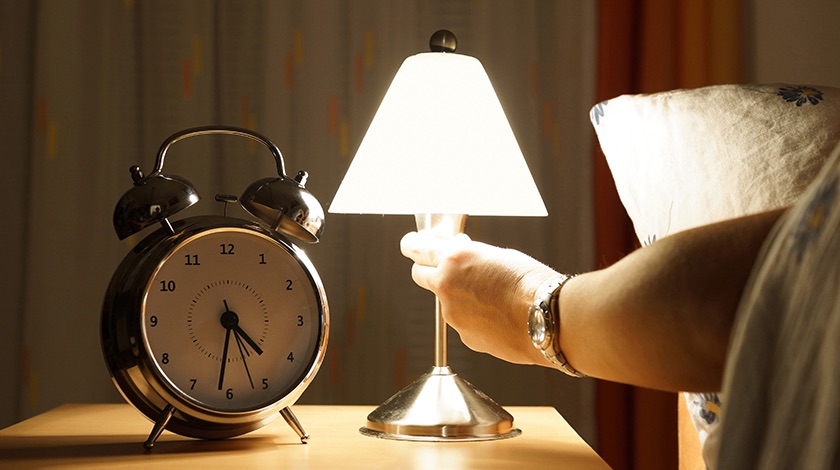Speak to someone who’s just come off a long-haul flight and you’ll probably hear the familiar refrain, “My body clock’s all messed up.” We’re used to this complaint, but few of us actually understand what a body clock is and how irregular sleep patterns affect it.1 Fewer still understand how to guarantee a good night’s sleep.
The Body Clock
The 'body clock' is made up of a small cluster of brain cells responsible for regulating the timing of bodily functions. This circadian pacemaker is found within the brain’s hypothalamus — a nerve control center at the base of the brain. Like a clock, it helps the body keep time. That’s why most humans have an uncanny ability to estimate the time.
One of the most crucial functions regulated by your body clock is sleep. By releasing heightened levels of certain chemicals into your bloodstream, your body clock can “tell” you to feel sleepy or alert. But the body clock is not infallible. It takes time to adapt to new lifestyle patterns, and frequent shift work or long-haul travel can throw it off-balance. 1
Dangers of Poorly-managed Shift Work

Many studies have shown that shift workers have significantly higher risk of cardiovascular disease, strokes and gastrointestinal disease. 2The culprit? Poor sleeping patterns! Because of the irregular hours associated with shift work, shift workers often have dysfunctional body clocks and are constantly at war with their bodies, battling to stay awake even when their circadian rhythms are pleading with them to go to bed. 3
Illnesses aren’t the only danger for shift workers. Irregular working and sleeping hours have an adverse effect on alertness levels, leading to workplace and motor vehicle accidents.4 In fact, fatigue is a more common cause of preventable transport accidents than alcohol and drug consumption! It’s no coincidence that most car accidents occur between the hours of 2 and 6 a.m.; this is when the body temperature dips and levels of a hormone called melatonin, which triggers sleep, are highest.5
Time Zone Changes and Your Body Clock
Jet lag is the archenemy of the frequent flier. Your body clock is trained to respond to external stimuli when regulating your sleep patterns — most significantly, light. That’s why you feel sleepier when it’s dark out then when you’re under the scorching sun. After it’s gotten used to a regular rhythm of daylight and darkness back home, your body clock is thrown out of sync when it experiences daylight and darkness at the 'wrong' times in a new time zone. This means a few sleepless nights while your body clock gets used to new patterns.
Combating jet lag is all about managing light exposure. When it’s morning, try to get out in the sunlight instead of staying indoors. You’ll feel sprightlier since the influx of natural light tells your body clock that it’s time to wake up — plus it’s a lot harder to fall asleep when you’re outdoors having fun. 6
Resources
- Akerstedt T. Psychological and psychophysiological effects of shiftwork. Scandinavian Journal of Work and Environmental Health. 1990; 16: 67-73.
- Boggild H and Knuttson A. Shift work, risk factors and cardiovascular disease. Scandinavian Journal of Work and Environmental Health. 1999; 25: 85-99.
- Harrington JM. Health effects of shift work and extended hours of work. Occupational and Environmental Medicine. 2001; 58: 68-72.
- Philip P and Akerstedt T. Transport and industrial safety, how are they affected by sleepiness and sleep restriction? Sleep Medicine Reviews. 2006; 10: 347-356.
- Horne J and Reyner L. Vehicle accidents related to sleep: a review. Occupational and Environmental Medicine. 1999; 56: 289-294.
- Herxheimer A and Petrie KJ. Melatonin for the prevention and treatment of jet lag. Cochrane Database of Systematic Reviews. 2008, Issue 1. Art. No.: CD001520.
- 2008 Sleep in America poll summary of findings. National Sleep Foundation. Visited 9 September 2013.

